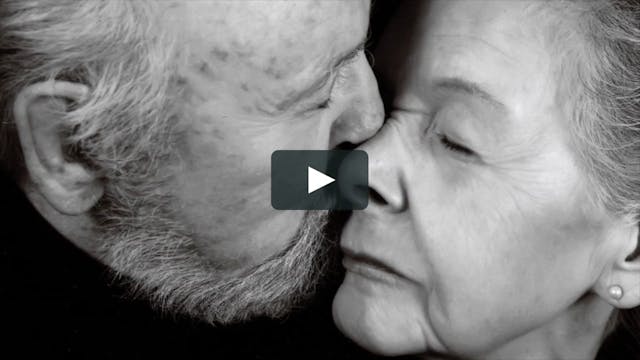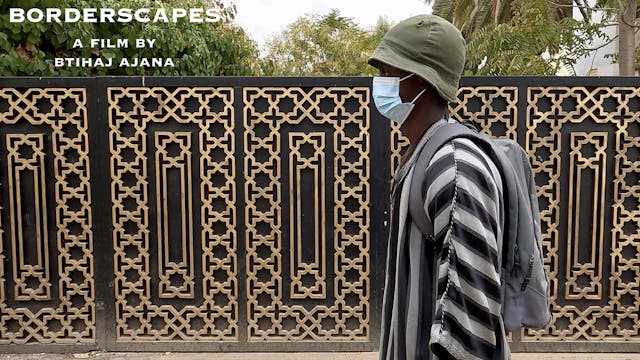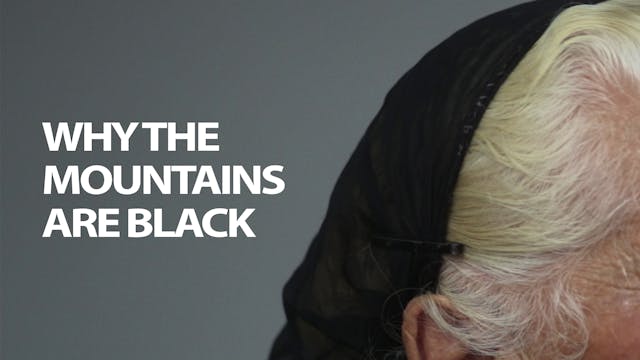Calle K
Public viewing rights for purchase or rent
•
53m
Calle K is a documentary film that looks at the evolution over time of an illegal squatter settlement. In 1978 Titus Fossgard-Moser lived with his brother and filmmaker/anthropologist parents in the Indio Guayas community in what was then the outskirts of Guayaquil Ecuador. The outcome, the film ‘People of the Barrio’ portrayed the struggles of the community – led by a community leader Emma Torres – to survive and get out of poverty.
In May 2018, forty years later, Titus returned to Indio Guayas to explore the changes to the community and see what had happened to his old neighbors and their children.
The resulting film ‘Calle K’ provides a unique visual narrative, cross-cutting footage from the ‘People of the Barrio’ with present day material to show the physical transformation of the barrio, alongside recounting the remarkable inter-generational stories of three of the original families. Through their words and actions, they describe how in a changing 21st century city, they have grasped education and economic opportunities, confronted inequalities of corruption and stigma, and overcome challenges including drug addiction and violence.
Directed by Titus Fossgard-Moser
Titus Fossgard-Moser is an independent documentary filmmaker based in Oslo, Norway. He has lived and traveled extensively internationally and is passionate about the use of films to document issues related to change and social transformation. Calle K is his second full length documentary. The first, Ignacio’s Legacy, explored the changes within a Colombian indigenous group and their integration into modern society
Up Next in Public viewing rights for purchase or rent
-
Rebel Angel
Seven years in the making, Rebel Angel paints a portrait of the evanescent cultural figure Ross Woodman (1922-2014), Jungian author Marion Woodman, and their extraordinary marriage. Ross played a key role in the 'Regionalist' art scene in London, Ontario in the 1960s which gave us many of Canada'...
-
Borderscapes
Borderscapes draws attention to the complexity surrounding migration and the myriad ethical and political issues arising from contemporary border policies. It builds on testimonial narratives, empirical examples, and reflective accounts to unpack the entanglements of surveillance technologies, th...
-
Why the Mountains are Black
A team of researchers meet at Mount Çika, in an effort to document the dialect of the Greek-speaking Himariote villages. The area was subjected to political prosecution and after the fall of Communism in Albania, the region was marked by waves of migration. Today, its population has been decrease...



